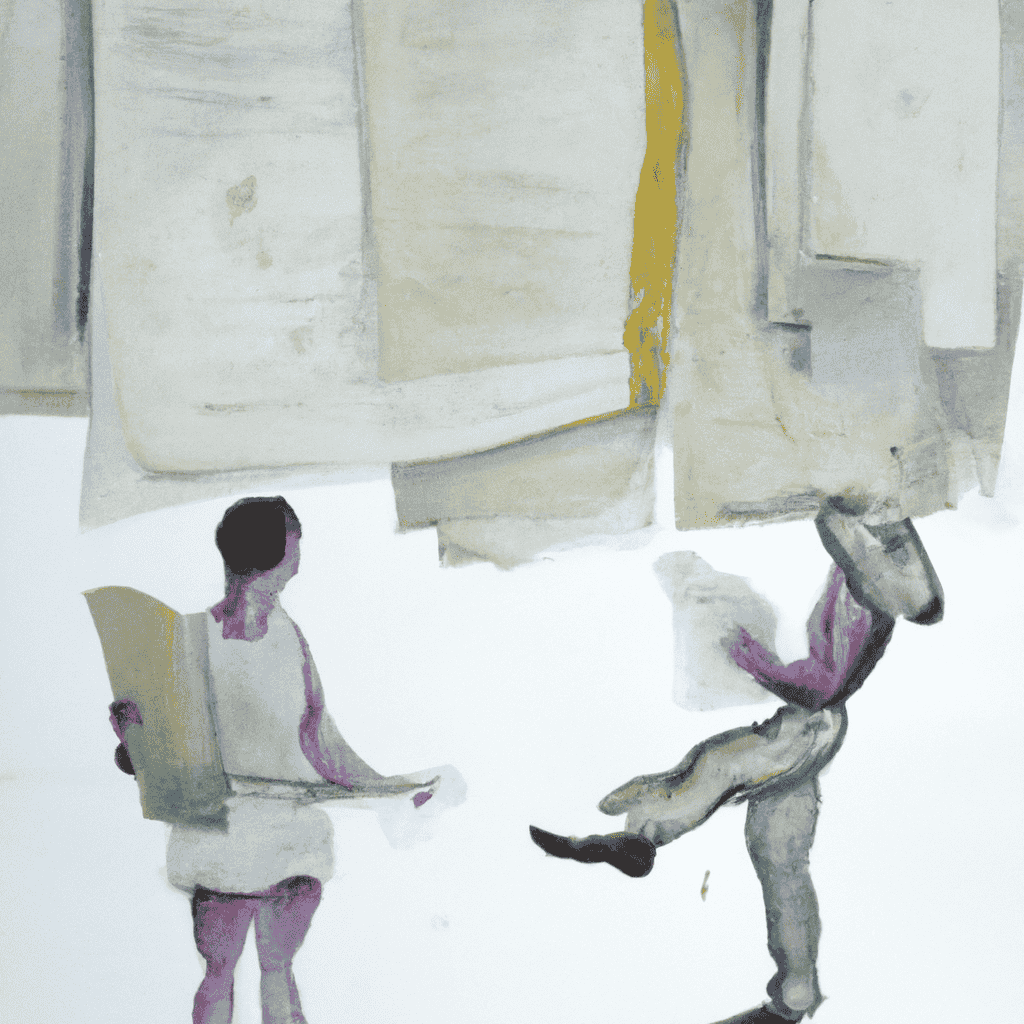
Review of the Papers, Wednesday 18 July
18 Jul 2007 - LP
**Government **
- A bonfire of government targets to ease red tape affecting schools, hospitals and town halls will be ordered tomorrow as part of a sweeping reform of public services, the Guardian can reveal. Most of the 110 Whitehall-imposed priorities that have dominated the public sector for the past nine years will be abandoned . Andy Burnham, the chief secretary to the Treasury, is coordinating a move to end one of the defining characteristics of the Blair years by scrapping all but 30 top-down targets used to vet performance. The targets - from raising the GCSE pass rate to reducing the fear of crime - helped to drive through the big pledges in Labour's election manifestos. But they rankled with doctors, teachers and other public servants who felt their professional discretion had been curtailed. http://society.guardian.co.uk/futureforpublicservices/story/0,,2128895,00.html
- Traditional playground games such as conkers and snowball fights could see a revival under government plans to prevent today's children turning into "cottonwool kids". Ed Balls, the Children, Schools and Families Secretary, said he was shocked by research suggesting that one third of children aged 7 to 12 were never allowed to play outside because their parents were so concerned about their safety. "Three quarters of parents feel that children face increased risks compared with five years ago from playing outside unsupervised," he said. "If children don't play outside it's much harder to be healthy. If children don't climb trees, it's very hard for them to learn about risk and the safe way to do it. Kids need to learn." Mr Balls, who has three young children, said it was not the Government's role to tell parents, or schools, exactly where to draw the balance between protecting children from harm and giving them the freedom to take part in risky activities, such as climbing trees. However, he hoped that by publishing a consultation document on the subject today, the Government could help by promoting a public debate and providing information on risk. http://www.timesonline.co.uk/tol/news/uk/education/article2094007.ece
- Gordon Brown appears to be giving serious thought to a snap general election in May or June next year. Speculation about a spring dash to the polls intensified after he asked ministerial colleagues at Tuesday's cabinet meeting to consider how to build on Labour's recent progress. Meanwhile what has long been seen as an obstacle to an early election - the state of Labour's finances - appears marginally less of a concern. Labour on Tuesday claimed it had "turned a corner" financially after accounts showed it had cut its debts by £2m last year. Close cabinet allies of the prime minister insist there is no question of Mr Brown calling an election in October or November this year, as some have suggested. However, the dramatic surge in Labour support - with the party seven points ahead of the Conservatives according to an ICM poll last Sunday - is making the Brown camp think harder about a spring election. http://www.ft.com/cms/s/2a5dde42-34c7-11dc-8c78-0000779fd2ac.html
- Dramatic new evidence that car travel has become far cheaper while buses and trains have soared in cost led to renewed attacks on Labour's transport policy last night, as MPs said the Government was undermining its own battle against climate change. According to newly disclosed statistics, the cost of car travel has fallen by 10 per cent over the past 30 years, while the price of bus and train tickets has risen by more than 50 per cent. The respective trends have continued throughout Labour's period in office. Campaigners warned that the figures, revealed by the Department of Transport in a parliamentary answer yesterday, laid bare the huge disincentive for Britons to choose environmentally friendly forms of travel. http://news.independent.co.uk/uk/transport/article2779431.ece
- Ministers headed off a major backbench rebellion over pensions last night, promising more public money to restore the savings pots of people who lost out when their companies went bust. Ahead of a crunch House of Commons vote, Mike O'Brien, the pensions minister, told MPs that the government would match any extra funds identified by actuaries in schemes that had gone under. He declined to put a figure on how much more funding would be made available but said it could be found from within the Department for Work and Pensions budget. The promise of at least some extra government funds - if as yet an entirely unquantifiable amount - was aimed at defusing a parliamentary revolt that would have committed the government to lending extra cash to the Financial Assistance Scheme with no guarantee that the taxpayer would get the money back. http://www.ft.com/cms/s/805110c6-34c7-11dc-8c78-0000779fd2ac.html
- Almost 300,000 miners with a disabling chest disease have received less money in compensation than it cost the Government to administer their claim, a report discloses today. "Significant weaknesses" in the Department of Trade and Industry's handling of the world's largest personal injury scheme are identified in the report, published by the National Audit Office (NAO). They led to long delays before many elderly and infirm miners received any money, but proved to be lucrative for solicitors' firms, which grew rich by bulk-processing tens of thousands of claims. The NAO says that when the final claim is settled, £4.1 billion will have been paid in compensation. The administrative costs to the former DTI, renamed the Department for Business and Enterprise, will total an additional £2.3 billion. More than 55 per cent of that - £1.3 billion - will have been paid into the bank accounts of several hundred law firms that registered claims against the DTI. http://www.timesonline.co.uk/tol/news/politics/article2093977.ece
Topics:
Organisations:
Locations: